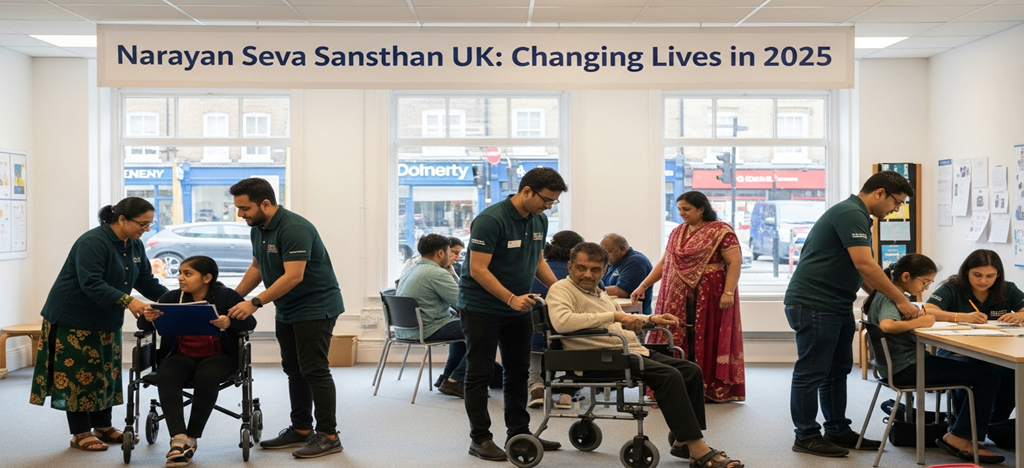Artificial limbs are more than medical devices—they are gateways to renewed confidence and autonomy for those facing limb loss in the UK. With an estimated 70,000 individuals affected by amputation—per data from NHS England and the Limbless Association—this growing need underscores the importance of accessible support.
Donation programs and community-driven initiatives are revolutionizing lives, offering not just physical restoration but also emotional resilience, making 2025 a pivotal year for inclusive healthcare across the nation.
The Accessibility Gap: Costs and Challenges in the UK
Acquiring a prosthetic limb in the UK can be a daunting financial journey, with prices varying based on design and technological sophistication. A standard prosthetic limb, suitable for everyday use, typically costs between £3,500 and £10,000, while high-tech options like microprocessor-controlled knees or carbon-fiber feet can range from £40,000 to £80,000.
The NHS provides some funding, covering basic prosthetics for eligible patients, but long waiting lists and limited budgets often force individuals to explore private options or charitable aid. This disparity highlights a critical need for innovative solutions, as families and individuals navigate a system where cost and availability can hinder recovery.
Lifeline Programmes: UK Organisations Making a Difference
Several UK-based organizations are at the forefront of providing free or subsidized artificial limbs, offering a beacon of support for those in need. The Douglas Bader Foundation partners with local clinics to supply prosthetic limbs to amputees, particularly children and young adults, with a focus on long-term rehabilitation. The War Amps of Britain, dedicated to supporting war veterans and civilians, provides custom-fit prosthetics and ongoing care, drawing on decades of expertise.
Additionally, Ability Matters, a leading prosthetics provider, collaborates with charities to offer discounted or free limbs to low-income households, ensuring no one is left behind. These efforts reflect a national commitment to equity, addressing diverse needs from urban centers like London to rural areas in Scotland.
Ways to Get Involved: Supporting the Cause
There are countless ways for individuals and businesses to contribute to this vital movement and enhance the lives of amputees across the UK. Donating gently used prosthetic components through organizations like the Douglas Bader Foundation allows resources to be redistributed efficiently, reducing environmental impact. Financial donations or corporate sponsorships can fund research into affordable prosthetics or support fitting centers in underserved regions like Wales or Northern Ireland.
Launching awareness campaigns via local radio, charity runs, or online platforms can spotlight the challenges faced by amputees, inspiring policy reform and community action. Every contribution, from a single pound to a large-scale initiative, helps build a more inclusive society.
Looking Ahead: A Future of Possibility
Artificial limb donation and support programs are reshaping the landscape of disability care in the UK, turning adversity into opportunity for thousands. For those seeking assistance, these initiatives offer a pathway to mobility, while donors play a key role in sustaining this momentum.
As we embrace 2025, let’s commit to a collective effort that ensures access to prosthetic care is a right, not a privilege, fostering a society where everyone can thrive. Join this transformative journey today with Narayan Seva Sansthan UK and help redefine the future for amputees across the United Kingdom.








